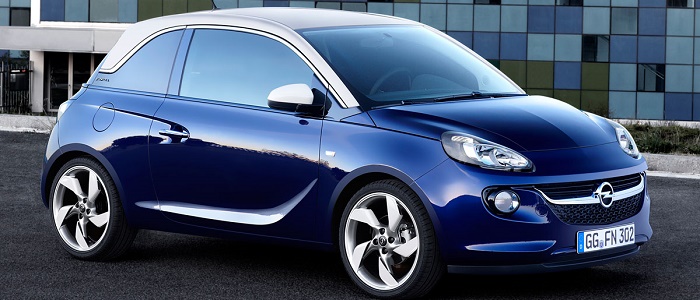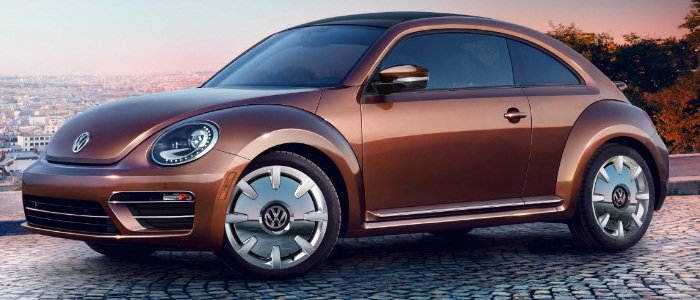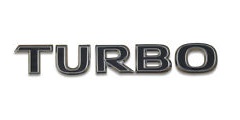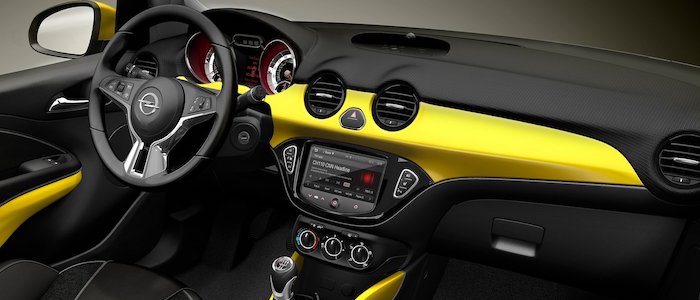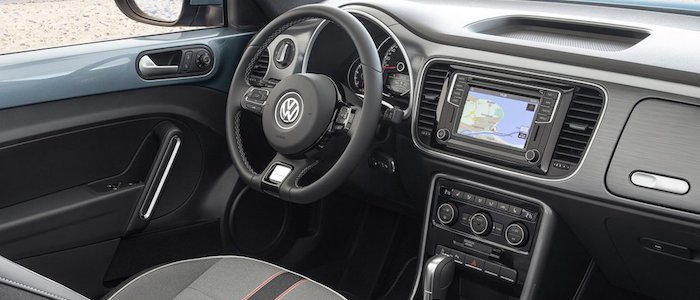Compare two cars
Compare any two cars and get our Virtual Adviser™ opinion
Dimensons & Outlines
Check vehicle history
Engine
Performance (manual gearbox)
Performance (automatic gearbox)
Expenses
Virtual Adviser's™ opinion
We are here considering two somewhat similar cars, but we can't deny some of the obvious differences. For a start, they are not even classified under the same segment, with the Opel being a micro car and the Volkswagen representing city car vehicle class. The first one has a General Motors-engineered powertrain under the hood, a 3-cylinder, 12-valves 115hp unit, while the other one gets its power and torque from a 4-cylinder, 8-valves 105hp engine designed by Volkswagen.
SafetyBoth vehicles got tested by European New Car Assessment Programme (Euro NCAP), with the Volkswagen being a slightly better choice apparently. Moving further on, let's take a closer look at some additional safety-related facts. The second vehicle is a city car and that gives it a marginal advantage over the micro car competitor, at least that's what statistics show. Furthermore, when it comes to weight, a factor that most people underestimate, Beetle offers a considerable difference of 19% more metal.
ReliabilityManufacturers have been building their reliability reputation for decades now and, generally speaking, it appears that both brands display similar results in faults and breakdowns, when all the models are taken into account. That's the official data, while our visitors describe reliability of Opel, as well as Volkswagen, with the same average rating of 4.2 out of 5. Unfortunatelly, I don't have enough insight that would allow me to comment in more details on the specific models level. We should definitely mention that owners of cars with the same powertrain as Adam rank it on average as 4.5, while the one under the competitor's bonnet gets 4.6 out of 5.
Performance & Fuel economyOpel is undoubtly more agile, reaching 100km/h in 1 seconds less than its competitor. In addition to that it accelerates all the way to 196 kilometers per hour, 16km/h more than the other car. When it comes to fuel economy things look pretty much the same for both cars, averaging around 5.2 liters of fuel per 100 kilometers (55 mpg), in combined cycle.
Verdict
Volkswagen appears just a bit more reliable, although the difference is truly marginal. The most important thing when deciding between any two vehicles should always be safety, both passive and active. In my opinion, everything taken into account, Beetle beats the other contender by far, making it the best choice without even considering other things. From there things take a different direction, with Opel outracing its opponent in any situation possible, making it better choice for boy racers. To make things even better, it consumps less fuel! It's really tough to make a final decision here, but if I'd need to, I'd say Opel. In any case that's my personal view, built upon all the data available to me. What should decide here though is the way you feel about the two vehicles, and I hope you'll find my guidelines useful in the process. I suggest you spend two more minutes in order to find out which car, based on your needs and budget, would be picked by the virtual adviser™, among more than 12.000 different ones in our database.























